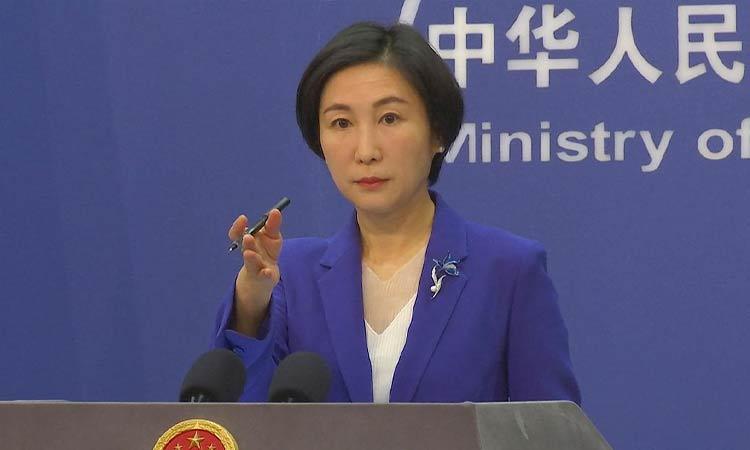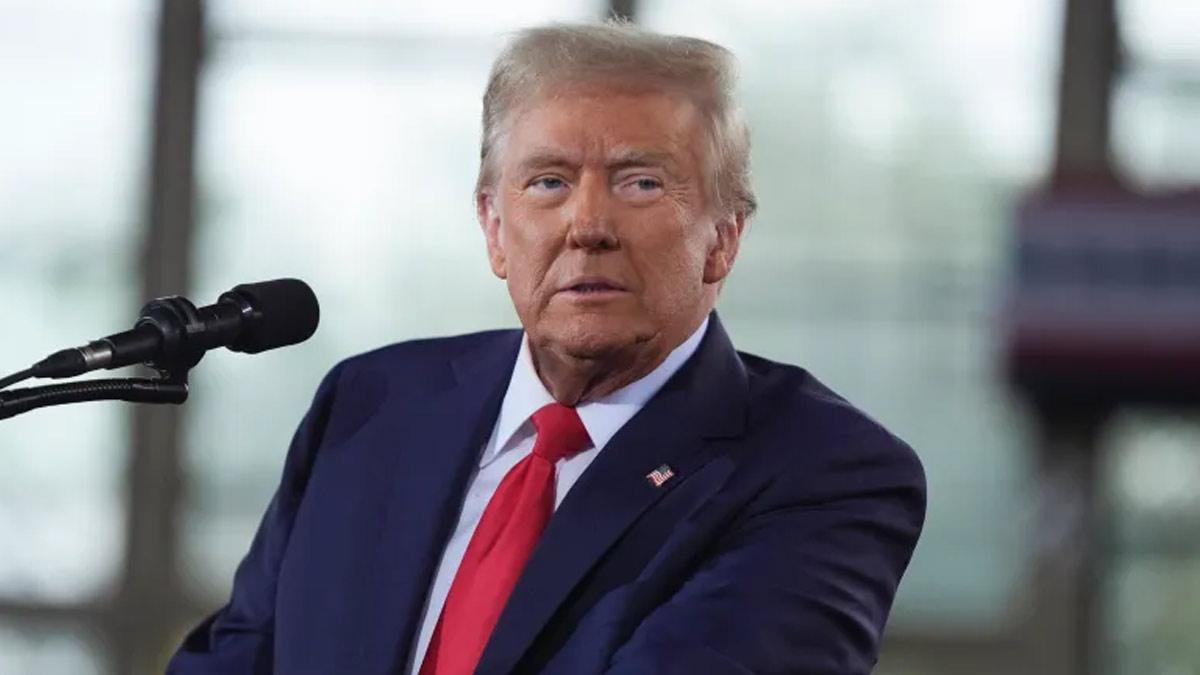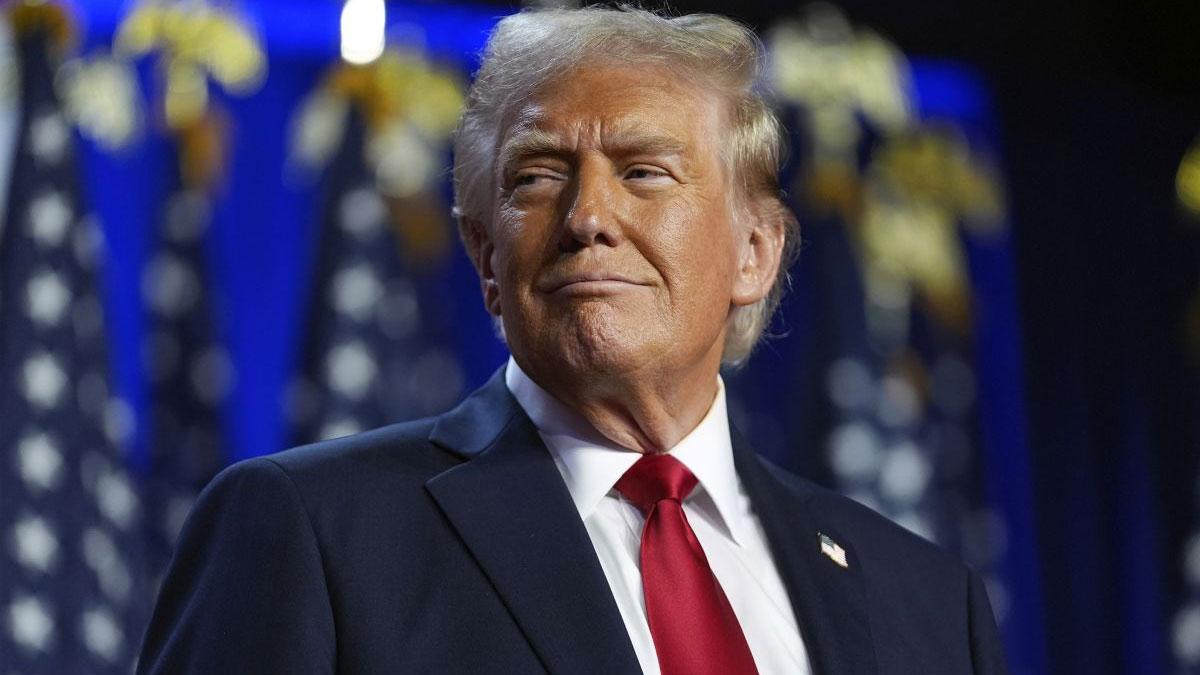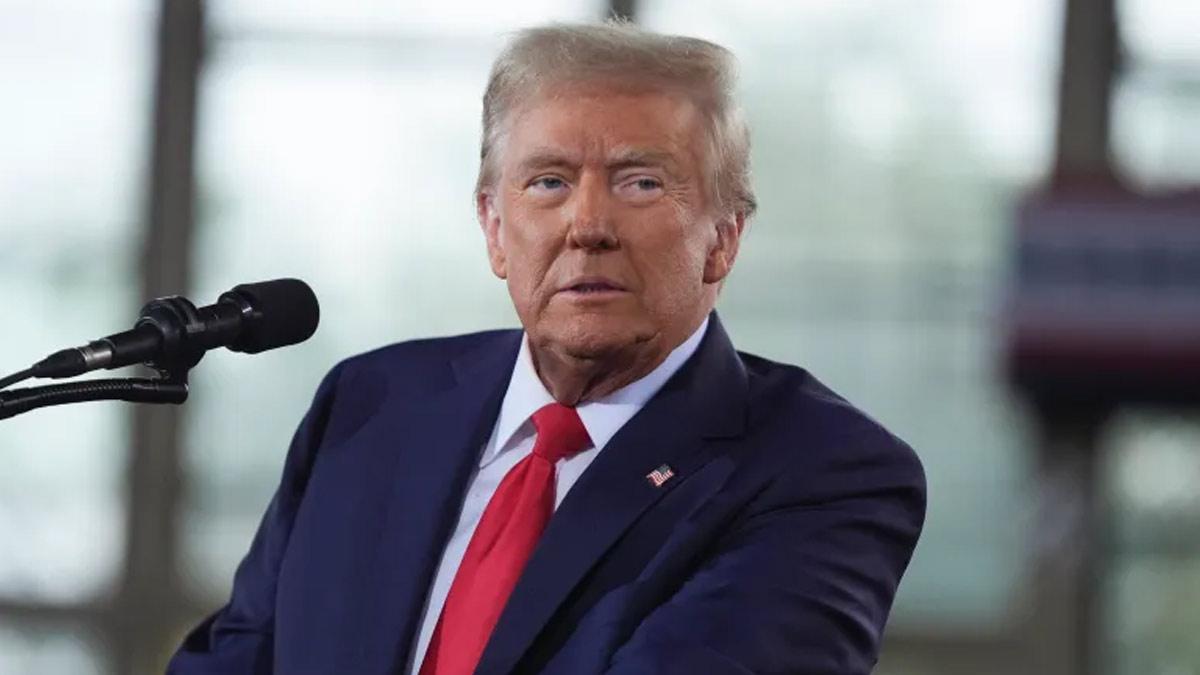China on Friday reiterated its disapproval of the Quad, a strategic alliance consisting of the US, India, Australia, and Japan.
Chinese Foreign Ministry spokesperson Mao Ning said that state-to-state interactions should focus on peace and development and contribute to mutual trust and regional stability, rather than exclusivity. She added that countries should contribute more to promoting regional mutual trust and stability.
"We believe that state-to-state cooperation needs to be consistent with the trend of peace and development, rather than be about putting up exclusionary blocs," she was quoted as saying by The Tribune.
"We hope certain countries can do more things that contribute to security and mutual trust between regional countries and that help to maintain regional peace and stability," she added.
The comments came after the Quad foreign ministers held a meeting in New Delhi, where they reviewed the situation in the Indo-Pacific region. The meeting was attended by US Secretary of State Antony Blinken, Australian Foreign Minister Penny Wong, Japanese Foreign Minister Yoshimasa Hayashi, and hosted by Indian External Affairs Minister S Jaishankar.
Also Read | 'Pakistan obsessed with us while its population battle for their lives': India at UNHRC
The Quad group was formed in 2017 to develop a new strategy for keeping the critical sea routes in the Indo-Pacific region free of any influence. In March 2021, US President Joe Biden hosted the first-ever Quad leaders' summit, where they vowed to strive for an Indo-Pacific region that is free, open, inclusive, anchored by democratic values, and unconstrained by coercion, sending a subtle message to China.
The joint statement issued after the Quad meeting in New Delhi reaffirmed the four-nation grouping's commitment to a free and open Indo-Pacific, and it strongly supports the principles of the rule of law, sovereignty and territorial integrity, and peaceful settlement of disputes.
However, Beijing has repeatedly opposed the Quad, claiming that it is an exclusive bloc aimed at containing China's rise. China claims almost all of the 1.3 million square miles of the South China Sea as its sovereign territory and has been building military bases on artificial islands in the region, which is also claimed by Brunei, Malaysia, the Philippines, Taiwan, and Vietnam. The global concerns over China's increasing assertiveness in the strategically vital region have prompted the Quad alliance to strengthen its stance.
On China's reluctance, along with Russia, to endorse a joint statement on the Ukraine war at the G20 Foreign Ministers' meeting in New Delhi, Mao said: “The G20 is the premier forum for international economic cooperation. Leaders of member states made it clear in the G20 Bali Leaders' Declaration last year that the G20 is not the forum to resolve security issues.”
The stand taken by China and Russia over the joint statement on the Ukraine war drew criticism from the US-led Western powers. The G20 is a premier forum for international economic cooperation, and the meeting in New Delhi aimed to resolve the rising rift between the US-led Western powers and Russia over the Ukraine conflict, but was unable to come up with a joint communique. Mao said that the G20 is not a forum to resolve security issues, and it should focus on promoting stable, inclusive, and sustainable economic recovery.
Also Read | Sri Lanka's central bank ready to adopt IMF programme within March
The G20 is an intergovernmental forum of the world's major developed and developing economies, representing around 85% of the global GDP, over 75% of the global trade, and about two-thirds of the world population. The grouping comprises Argentina, Australia, Brazil, Canada, China, France, Germany, India, Indonesia, Italy, Japan, the Republic of Korea, Mexico, Russia, Saudi Arabia, South Africa, Turkey, the UK, the US, and the European Union.


















